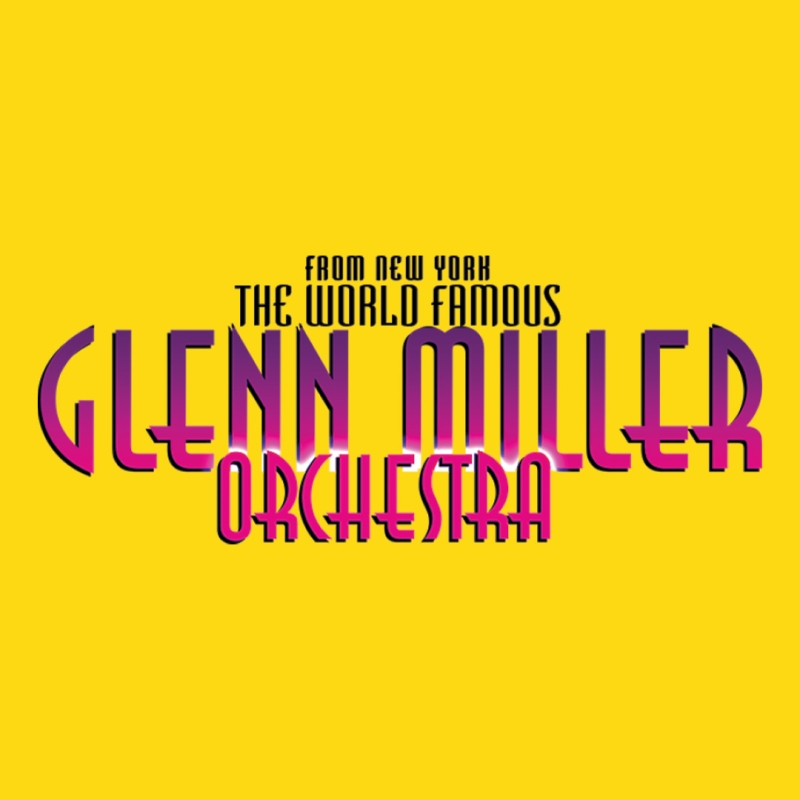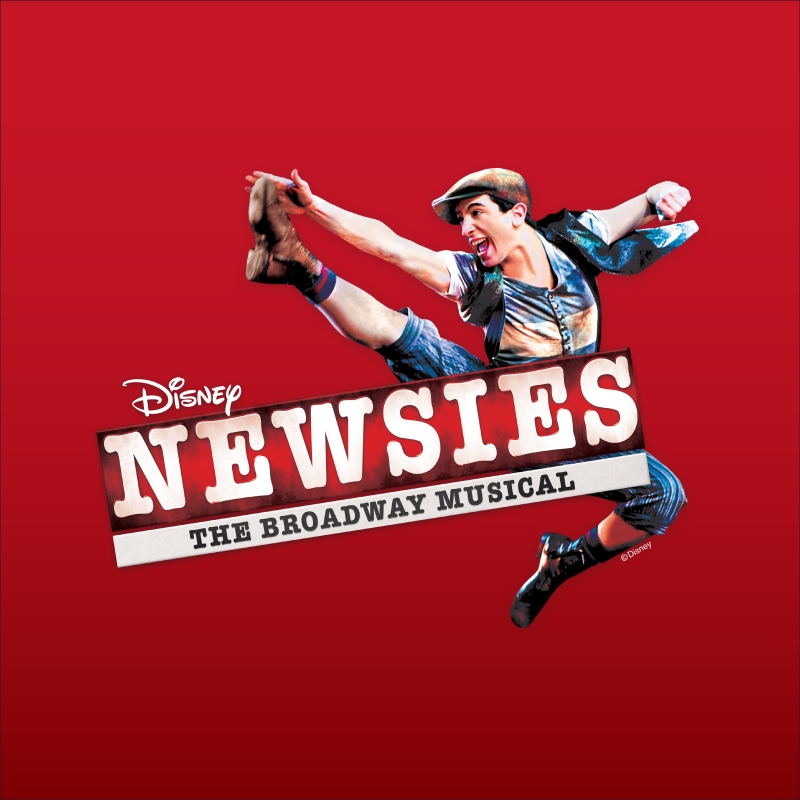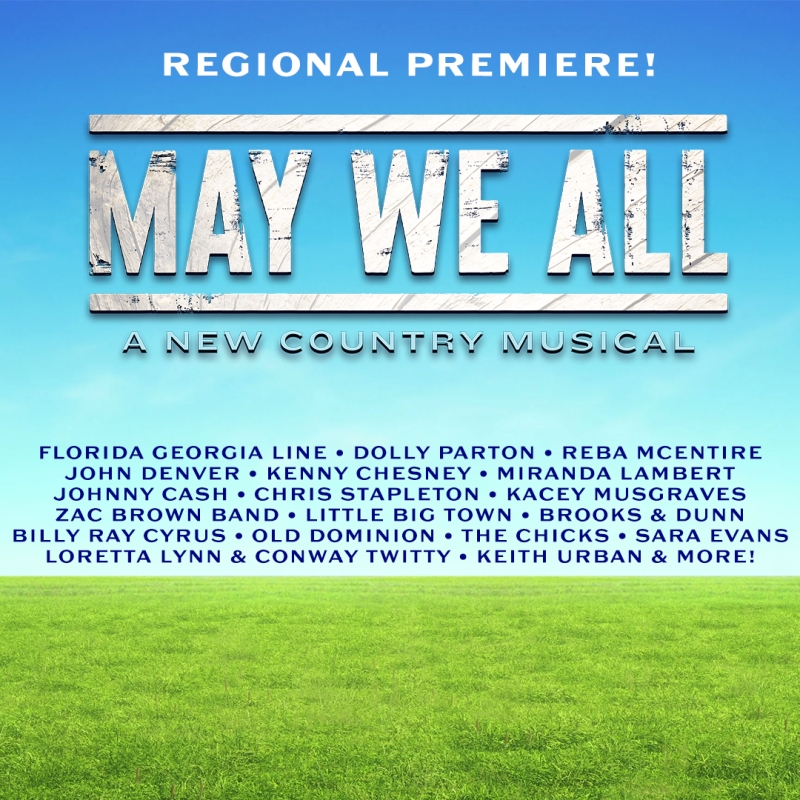Bard Conservatory Celebrates Composer Joan Tower's 80th Birthday With Special Concert
Joan Tower, the Asher Edelman Professor in the Arts at Bard College, is renowned as one of America's most important living composers. This September, The Bard College Conservatory of Music celebrates Tower's 80th birthday with a concert program of featuring world premieres of Towers' recent compositions including Small Plus (2018) performed by S? Percussion; Looking Back (2018) performed by the Da Capo Chamber Players; and Thank You (2018), with Dawn Upshaw conducting members of the Bard Conservatory Graduate Vocal Arts Program.
The concert will be performed by noted musicians who are faculty members in the Bard College Conservatory of Music at the Cary Hall at the DiMenna Center for Classical Music, 450 West 37th Street in New York City, on Sunday, September 9 at 4 p.m. Tickets are $25. To purchase tickets or for more information, visit: www.brownpapertickets.com/event/3520771. The second performance of the concert is on Sunday, September 16 at 3 p.m. at the Richard B. Fisher Center for the Performing Arts on the Bard College campus, 60 Manor Avenue in Annandale-on-Hudson, New York. Tickets start at $25. To purchase tickets or for more information, visit: www.fishercenter.bard.edu.
Joan Tower is widely regarded as one of the most important American composers living today. During a career spanning more than fifty years, she has made lasting contributions to musical life in the United States as composer, performer, conductor, and educator. Her works have been commissioned by major ensembles, soloists, and orchestras, including the Emerson, Tokyo, and Muir quartets; soloists Evelyn Glennie, Carol Wincenc, David Shifrin, and John Browning; and the orchestras of Chicago, New York, St. Louis, Pittsburgh, and Washington DC among others. Tower was the first composer chosen for a Ford Made in America consortium commission of sixty-five orchestras. Leonard Slatkin and the Nashville Symphony recorded Made in America in 2008 (along with Tambor and Concerto for Orchestra). The album collected three Grammy awards: Best Contemporary Classical Composition, Best Classical Album, and Best Orchestral Performance. Nashville's latest all-Tower recording includes Stroke, which received a 2016 Grammy nomination for Best Contemporary Classical Composition. In 1990 she became the first woman to win the prestigious Grawemeyer Award for Silver Ladders, a piece she wrote for the St. Louis Symphony where she was Composer-in-Residence from 1985-88. Other residencies with orchestras include a 10-year residency with the Orchestra of St. Luke's (1997-2007) and the Pittsburgh Symphony (2010-2011). She was the Albany Symphony's Mentor Composer partner in the 2013-14 season. Tower was cofounder and pianist for the Naumburg Award winning Da Capo Chamber Players from 1970-1985. Joan is Asher Edelman Professor of Music and has taught at Bard College since 1972.
CONCERT PROGRAM
*World Premiere
September 9, 4 p.m.
Cary Hall at the DiMenna Center for Classical Music
450 W. 37th Street, NYC
New York City, NY 10018
September 16, 3 p.m.
Richard B. Fisher Center for the Performing Arts
60 Manor Ave, Annandale-On-Hudson, NY 12504
Big Sky (2000)
And....They're Off (1997)
Laurie Smukler, violin
Raman Ramakrishnan, cello
Blair McMillen, piano
Wings (1981)
Anthony McGill, clarinet
Small Plus (2018)*
S? Percussion: Eric Cha-Beach, Josh Quillen, Adam Sliwinski, Jason Treuting
Intermission
Up High (2010)
Dawn Upshaw, soprano
Kayo Iwama, piano
Looking Back (2018)*
Da Capo Chamber Players
Curtis Macomber, violin
Patricia Spencer, flute
Nuno Antunes, clarinet
Chris Gross, cello
Steve Beck, piano
Steps (2011, rev. 2017)
Or...Like and Engine (1994)
Benjamin Hochman, piano
Descending (2012)
Thank You (2018)*
Members of the Bard Conservatory Graduate Vocal Arts Program
Dawn Upshaw, conductor
Composer Notes:
Big Sky (2000)
Big Sky was commissioned by the La Jolla Chamber Music Society for their "SummerFest La Jolla 2000" music festival.
This slow seven-minute trio for violin, cello and piano was intended as a companion piece to a short and fast trio entitled And... They're Off (which was commissioned by the Scotia Festival in Canada where I served as composer/conductor-in-residence in 1996). The common subject of these two works is horses-namely race horses. As a young girl-and like many young girls-I had an obsession with horses. When I was growing up in South America, my father bought me a racehorse. This was in Bolivia, where horses, even racehorses, were very cheap. I loved this horse and took very good care of it in our makeshift garage/stable. My obsession with horses continued into my teens when I learned to jump. More recently (and many years later), I found a partner whose main love is playing the horses!
Big Sky is a piece based on a memory of riding my horse "Aymara" around in the deep valley of La Paz, Bolivia. The valley was surrounded by the huge and high mountains of the Andes range; and as I rode I looked into a vast and enormous sky. It was very peaceful and extraordinarily beautiful. We never went over one of these mountains, but if we had, it might have felt like what I wrote in this piece.
And....They're Off (1997)
And... They're Off is a fast, short (3 minute) piece that takes its title from the action off a horse race.
Wings (1981)
Wings (1981) was written for my friend and colleague Laura Flax, who premiered the piece at her recital in Merkin Hall (New York City) on December 14, 1981. The image behind the piece is one of a large bird-perhaps a falcon-at times flying very high gliding along the thermal currents, barely moving. At other moments, the bird goes into elaborate flight patterns that loop around, diving downwards, gaining tremendous speeds.
Steps (2011, rev. 2017)
First performed on February 10, 2012 by Melvin Chen on piano at Bard College, Annandale-on-Hudson, New York.
Steps is a short piano piece written as an homage to Debussy, a composer that I believe Milton [Babbitt] never particularly liked or understood. As a pianist, I played a good deal of Debussy's piano music which I learned to love and which had an effect on my own music. But inside the Debussy-like textures of Steps, there are 12-tone rows that get tossed around in the more active and loud passages - a kind of salute to the memory of that feisty, brilliant and articulate man - Milton Babbitt.
Or...Like and Engine (1994)
Or Like a ... an Engine (1994) is dedicated to the pianist Ursula Oppens who premiered it at Alice Tully Hall in New York City in celebration of the 50th anniversary of the radio station WNYC-FM, which commissioned the work. It is a motoric piece, somewhat like a virtuosic Chopin etude.
Descending (2012)
Descending for chorus (2013) is only my third work involving the voice. The first was Can I composed for the New York-based youth choir project Transient Glory. The second was Up High for the soprano Dawn Upshaw. Walking into the vocal world at this later stage in my life has been challenging. I believe that the mix of words and music as representing two different types of expression creates a kind of "split" set of meanings. For a basically instrumental composer like myself (also for Beethoven and Tchaikovsky who had their own problems writing for voice), the musical expression is more subjective and abstract without the words. To ease this challenge, in Descending, the words are kept to a bare minimum. They are directed towards loss and grief, and the surrounding vowels are used to place more emphasis on the pure expression of those feelings.
My older sister Ellen and my dearest friend passed away in October of 2012. The work is dedicated to her memory with love.
The Bard College Conservatory of Music
Robert Martin, Director
Frank Corliss, Associate Director
Recognized as one of the finest conservatories in the United States, The Bard College Conservatory of Music, founded in 2005, is guided by the principle that young musicians should be broadly educated in the liberal arts and sciences to achieve their greatest potential. All undergraduates complete two degrees over a five-year period: a bachelor of music and a bachelor of arts in a field other than music. The Conservatory Orchestra has performed twice at Lincoln Center, and has completed three international concert tours: in June 2012 to China, Hong Kong, and Taiwan; in June 2014 to Russia and six cities in Central and Eastern Europe; and in June 2016 to three cities in Cuba.
The Graduate Vocal Arts Program is a two-year master of music degree program conceived by soprano Dawn Upshaw. The course work is designed to support a broad-based approach to a singing career that extends from standard repertory to new music. Alongside weekly voice lessons, diction, and repertory courses is training in acting, as well as core seminars that introduce and tie together the historical/cultural perspective, analytical tools, and performance skills that distinguish vocal and operatic performance at the highest level.
The Graduate Conducting Program, orchestral and choral, is a two-year curriculum that culminates in the master of music degree. The program is designed and directed by Harold Farberman, founder and director of the Conductors Institute at Bard; James Bagwell, director of Bard's undergraduate Music Program; and Leon Botstein, president of Bard College, music director and principal conductor of the American Symphony Orchestra and The Orchestra Now.
US-China Music Institute of the Bard College Conservatory of Music promotes the study, performance, and appreciation of music from contemporary China, and supports musical exchange between the United States and China. In partnership with the Central Conservatory of Music (Beijing, China), the Institute has launched the Chinese Music Development Initiative, consisting of several components: a duel-degree program for students of Chinese instruments, an annual Chinese Music Festival, a program of scholarly conferences, and a summer academy for high school age students.
The Preparatory Division offers young people between the ages of 3 and 18 the joy of studying music in the context of a first-class conservatory. The early study of music brings important benefits to young people, touching many areas of their lives: language, motor and social skills, and an appreciation for the value of diligent effort. Most important, music enriches the young person's life and provides a lifetime of enjoyment.
For more information see bard.edu/conservatory.
SPONSORED BY THE REV
 |
||||
 |
 |
 |
 |
 |
Videos
